February 2020
/Full text: Tracy, D., Joyce, D., Albertson, D., & Shergill, S. (2020). Kaleidoscope. The British Journal of Psychiatry, 216(2), 123-124. doi:10.1192/bjp.2019.274
Read the full February 2020 Kaleidoscope column in BJPsych for free
Preventing recurrence after recovery from a major depressive episode is a key clinical goal: but what are the best strategies? During an acute episode, antidepressants and cognitive–behavioural therapy (CBT) are equally efficacious and their combination is typically shown to be superior to either alone. However, there are surprisingly few randomised controlled trials (RCTs) on the longer-term impact of CBT on major depressive episode recurrence, particularly when combined with medication. DeRubeis et al report on 292 individuals who had recovered from a chronic or recurrent major depressive episode through the use of antidepressant medication either with or without CBT.1 The participants in remission were randomised to either stay on their medication or have it gradually withdrawn, and followed up over 3 years. Those kept on antidepressants did substantially better than those taken off them, regardless of how they had initially attained remission. Interestingly, previous treatment with CBT did not have an impact on the likelihood of recurrence; this is all the more surprising given that those who received both interventions showed superior outcomes in the acute recovery phase. The authors raise an intriguing possibility that medication might interfere with the impact of CBT in the acute phase, and note that a CBT-only arm is needed in future studies.
Antidepressant harms are almost as frequently debated as data on their effectiveness. Studies have been somewhat inconsistent, so Dragioti et al report on what they label a ‘systematic umbrella review’ of 45 meta-analyses of observational studies on the topic.2 Crucially this graded the available evidence – rather than ‘just’ report it as often occurs in meta-analyses – to better understand any drug harms. Observational studies are usually considered better than RCTs when it comes to monitoring harms, as they have more ‘real-world’ representation and longer follow-up. Overall, the data were mixed: of the 120 affirmative correlations, 74 were nominally statistically significant, 52 had large heterogeneity, small-study effects were found in 17 and an excess significant bias was found for 9. Convincing data were found for an association with suicide attempts and completion in children and adolescents, and exposure in pregnancy and preterm births, low Apgar scores and subsequent autism spectrum disorders. However, critically, these did not reflect causality, and none of these associations remained supported after sensitivity analysis adjusted for confounding by indication. The take-home message is that these medications have no absolute contraindications and the data on harms are actually not that well supported.
In both papers there are dangers of misinterpretation of the data: the first study does not downplay the utility of CBT in acute treatment of a major depressive episode, but shows limitations at preventing future recurrence, possibly because of medication interference;1 in the second, it is critical to note confounding by indication when considering the associations with suicidality, autism spectrum disorders and so forth.2 In both, no doubt, more prospective work is needed.


